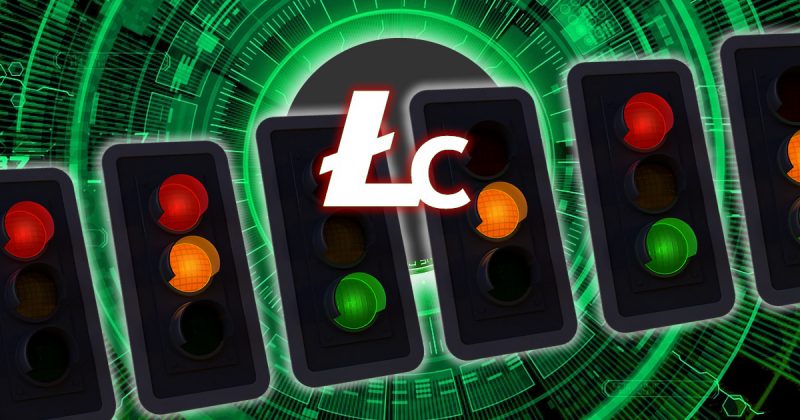
Litecoin Cash Hard Fork Creates Confusion
Litecoin, the sixth largest cryptocurrency, is contending with one of the first apparent hard forks to its blockchain. The Litecoin Cash Foundation – which is not associated with the Litecoin’s development team or Charlie Lee, will be creating a new crypto named Litecoin Cash.
Litecoin, the sixth largest cryptocurrency, is contending with one of the first apparent hard forks to its blockchain. The Litecoin Cash Foundation – which is not associated with the Litecoin’s development team, will be creating a new cryptocurrency named Litecoin Cash.
This announcement has come as a surprise to the Litecoin community. Litecoin has never had any substantial issues with transaction fees or confirmation time issues. One of the reasons for the Bitcoin Cash fork was because of slow transaction times .As Litecoin does not have major issues with transaction time, as Bitcoin does, the community is puzzled about the use case for the Litecoin Cash fork.
Litecoin has seen an increased amount of interest within the past few months, especially following a significant bull run from $40 to $400 in the latter months of 2017. It has a highly visible founder, Charlie Lee, and the coin is frequently billed as the silver to Bitcoin’s gold. Charlie Lee is on record for saying that any kind of hard fork within the Litecoin blockchain is a scam.
Technical Details Behind the Litecoin Cash Fork
The Litecoin Cash fork is expected to take place on the 1371111 Litecoin blockchain block. This should occur sometime on February 19th. According to the Litecoin Cash Foundation, current Litecoin holders will receive 10 LCC for each Litecoin they hold once the fork commences.
A fork is a major change in the underlying software of a currency and results in a splitting of the blockchain.
In an interview with one of the founders, who goes by the name “Tanner,” he talked about some of the reasons for wanting to create Litecoin Cash. There were claims that it will improve the block speed of the original Litecoin at 2.5 minute blockspeed. Litecoin Cash also claims that transaction fees will be reduced by 90 percent.
According to the Litecoin Cash Foundation, current holders should should wait until the 19th for release of these new coins. In order to do this they would have to do the following:
- Move Litecoin holdings to a new address.
- Use the privacy key for the old address in order to claim the Litecoin cash.
While this shouldn’t put Litecoin holders at risk, it is a convoluted way to receive a coin that is not supported by the community and doesn’t appear to have any valid use cases.
Addressing Litecoin Cash Legitimacy Concerns
Litecoin Cash Foundation addressed many of these “scam” concerns their interview and on their website. Regarding the name of Litecoin Cash, they stated that it was customary to name their coin after the blockchain it was forked from.
In regards to their code, they’ll be releasing that publicly in tandem with the wallet.
The idea of these forks has been met with some criticism in many different places. A recent Microsoft blog post highlighted the problems with forking from an established blockchain. They stated:
Aside from the smart options interview, there has been no way to verify the credentials of those running the Litecoin Cash foundation. The website does not list any direct contact information or past verification of the founders or development team.
While Bitcoin Cash (BCC) started out in a similar vein, that is not an indication that Litecoin Cash will follow suit. Litecoin holders will remain largely unaffected in the event that they do not move their coins or give away their private keys.
